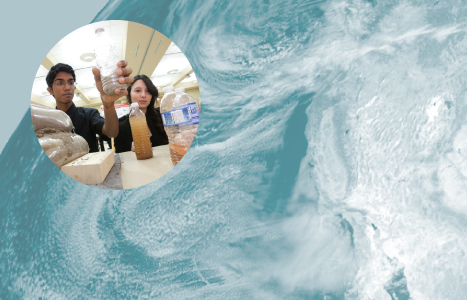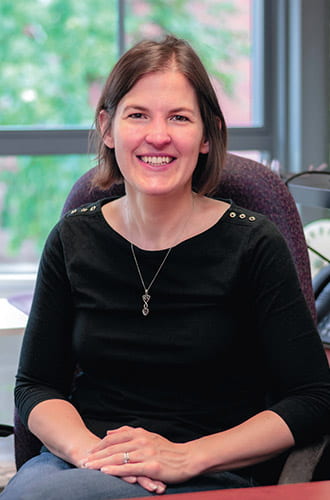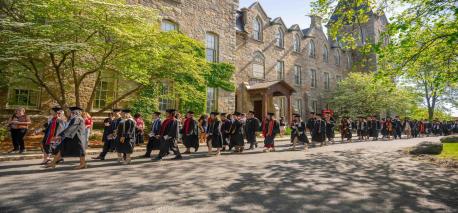Great Problems Seminar

The Great Problems Seminar (GPS) is a two-term course that immerses first-year students into university-level research and introduces them to the project-based curriculum at WPI. As part of The Global School at WPI, the course gives students and faculty the opportunity to step outside their disciplines to solve problems focused on themes of global importance. This culminates in annual Poster Presentation Days that celebrate students’ innovative research on a wide range of solutions to some of the world’s most critical challenges.
Tackling the World's Problems
These first-year students tackled the issue of divided cities—and their analysis won the Undergraduate Humanities Diversity Award at the Humanities Education and Research Association Conference for the "best undergraduate conference paper that addresses race, ethnicity, gender, or sexuality."
Students who participate in the GPS program will make progress in a number of key professional skills. Compare key learning outcomes employers look for with the learning outcomes of the Great Problems Seminar.
Very Important College Outcomes, According to Hiring Managers
1. Oral Communication
2. Working effectively with others
3. Ethical judgment and decision-making
4. Applying knowledge and skills to real-word settings
5. Working independently, managing time
6. Being self-motivated, taking initiative
7. Critical thinking and analytical reasoning
Source: AAC&U/Hart Associates, 2018
GPS Learning Outcomes
- TEAM WORK: Collaborate effectively on a team
- RESEARCH: Find varied, credible sources, assess their claims and relevance, and use them appropriately
- WRITING: Produce clear, effective, evidence-based writing
- PRESENTING: Prepare and confidently deliver engaging and effective presentations
- APPROACH TO PROBLEMS: When working on complex, open-ended problems, be able to identify answerable questions, and select and evaluate appropriate solutions through the application of multiple perspectives.
- CULTURAL AWARENESS: Understand and articulate the differences in experiences of the “great problem” for different people.
- VALUES: Describe your values and those of others as they relate to addressing the great problem.








Media Coverage
See More Media Coverage
Prof Sarah Stanlick
In each issue of the Journal we introduce you to members of the faculty through items they have in their offices.


